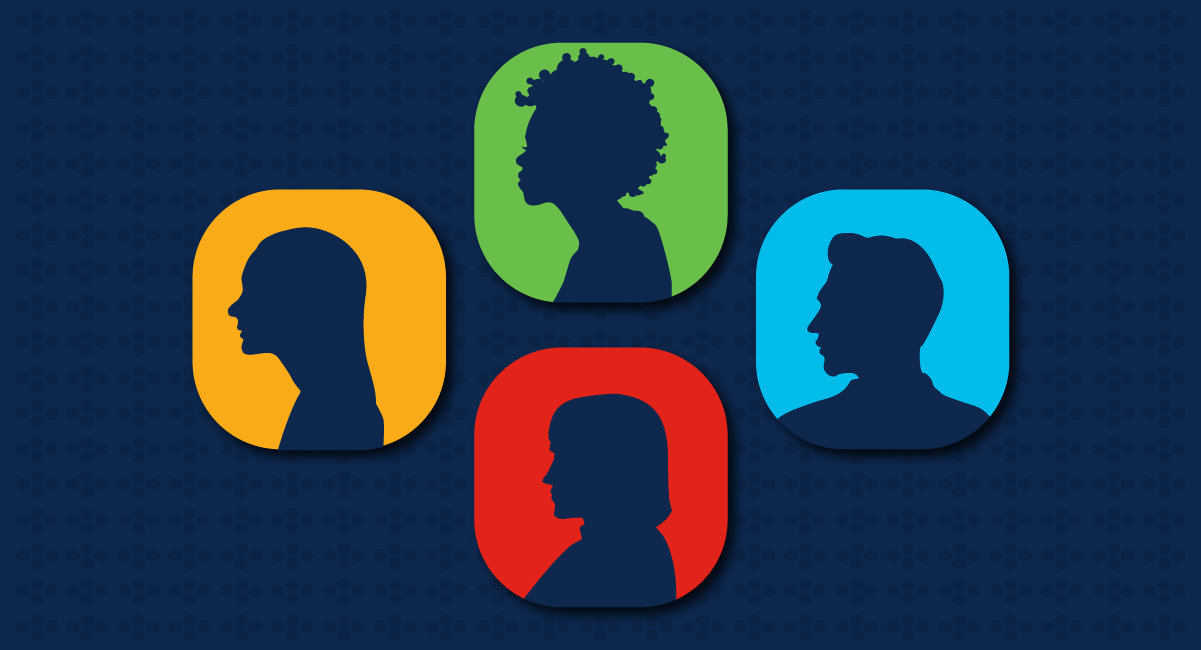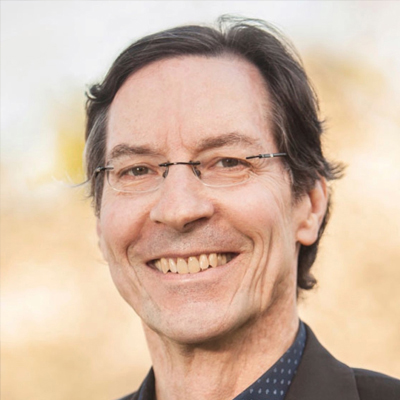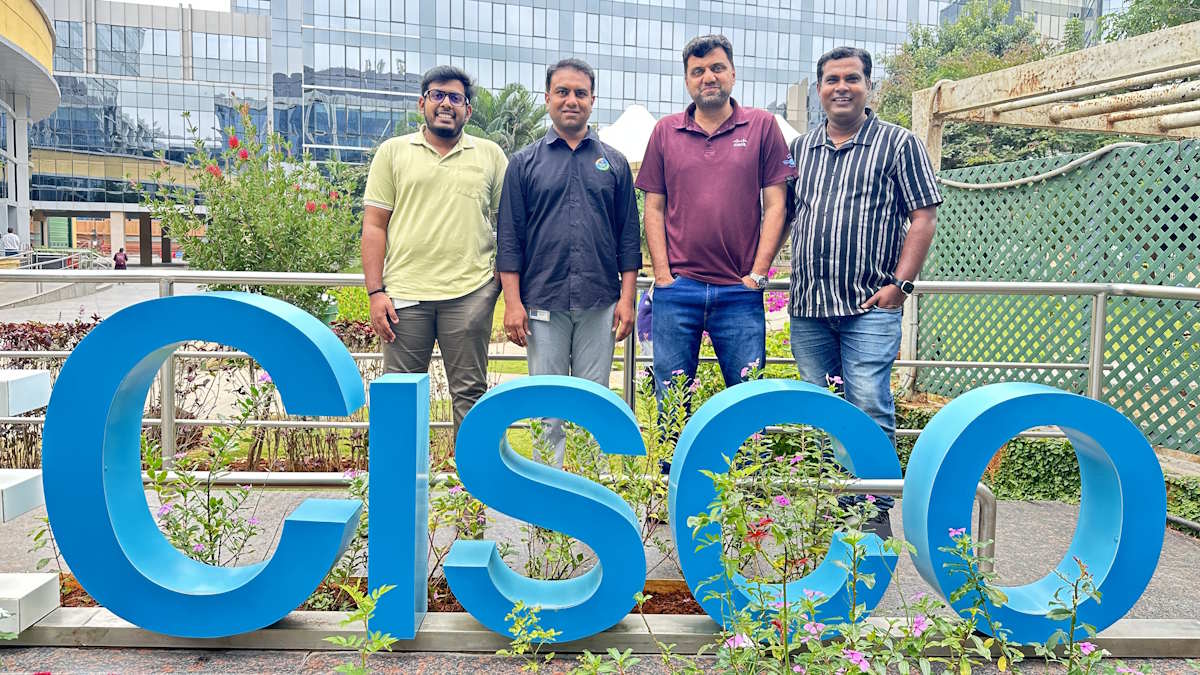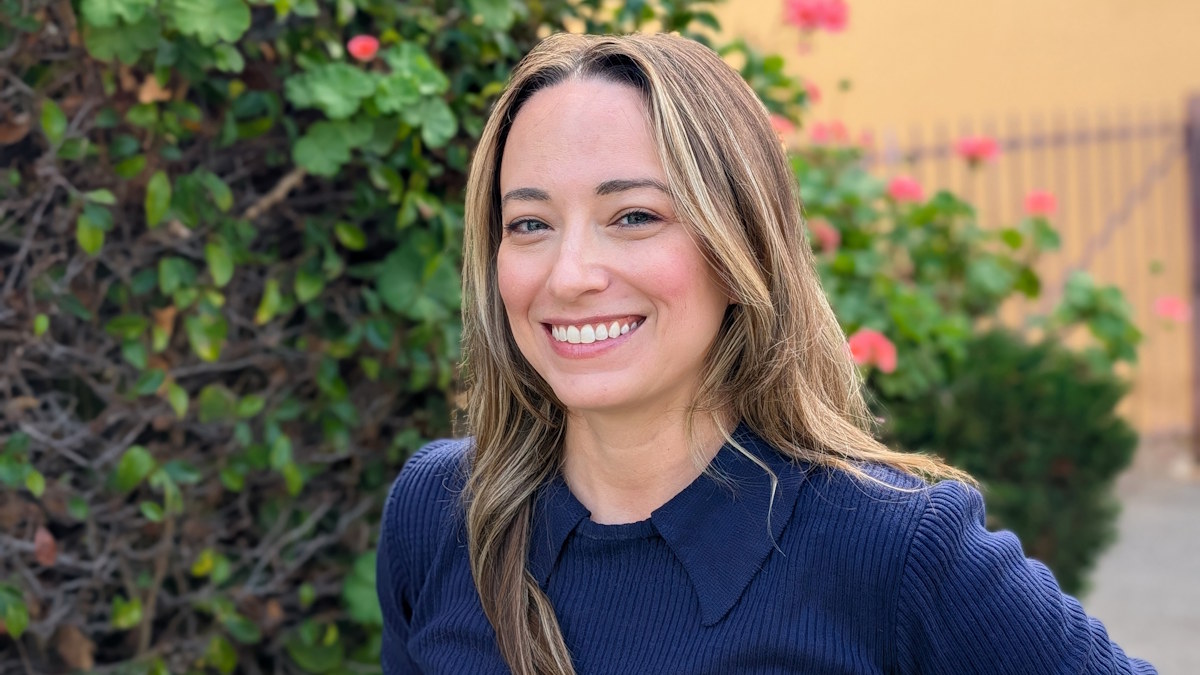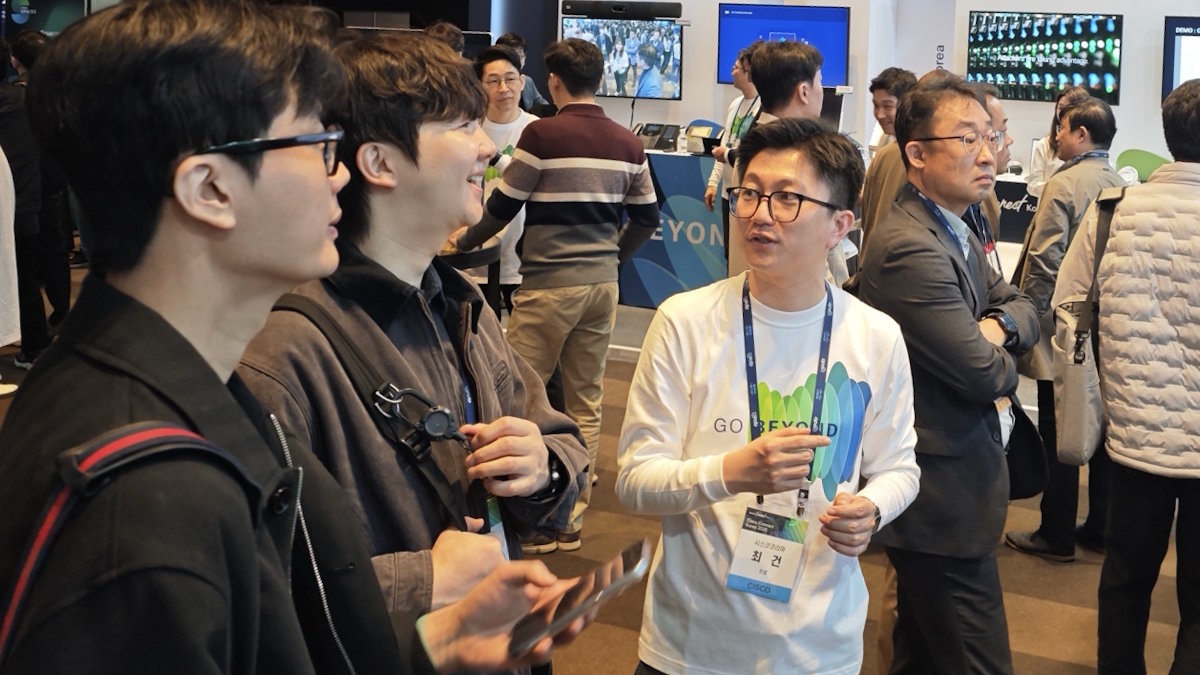Black History Month is a time for reflection — on the great contributions of Black culture, and the struggles and triumphs of the civil rights movement.
But, of course, the fight for equality continues. For people of color as well as women, members of the LGBTQ+ community, ethnic or religious minorities, the disabled, the neurodiverse, military veterans, and all others who too often hide their authentic selves and experiences, or worse, face outright discrimination.
At Cisco, powering an inclusive future for all is the company’s core purpose. But it’s an ongoing learning process — to create a culture that sets the highest bar for inclusion and lives up to the expectations of diverse employees. And because identity is multidimensional, there is increased attention to intersectionality. That is a concept originated by the legal scholar and writer Dr. Kimberlé Crenshaw to describe how different forms of inequality can operate together.
Breia Houston, Nikita Mitchell, and Tony DeGruy are three Cisco employees who have experienced discrimination in multiple ways in their lives — but are each committed to helping create a better future. They shared their thoughts on the meaning of Black History Month, their need to express their authentic selves at work, and the responsibility to honor the dreams and struggles of their forebears.
“Black History Month comes along, and I hide because I’m queer and I’m black and I’m a woman,” said Mitchell, who lives in Raleigh, N.C., and is a strategy director for people, policy, and purpose. “Everybody wants to know my perspective about something Black for those 28 days. But it really should be an opportunity to highlight the awareness that needs to continue all months.”
Houston, who also lives in Raleigh, is a partner digital experience marketer who joined Cisco three years ago after a college internship. A member of the company’s LGBTQ community, she agreed that Black History Month is simply a step towards a wider understanding overall.
“I used to feel that Black History Month was more of an isolated time for us to look back into history and see where we come from and see how it informs our future,” she said. “But now I feel black history is part of history — so we need to dig deeper during all months, to share stories that weren’t always known.”
Those kinds of stories are central to DeGruy, a technical-systems engineering manager in San Jose. A devout Christian and an Army veteran who remembers the discrimination he continued to experience even after serving his country, he stressed the responsibility that those family histories incur.
“I was raised by my grandparents,” he said, “who did a lot of pouring into me in terms of who we are as a people, what we overcame, and what it means to carry that mantra of continuously being proud of who you are, and what we’ve accomplished.”
As painful as some of those stories are, DeGruy sees them as a source of strength and pride, given all that his family and his wife’s family have had to endure.
“In my family,” DeGruy explained, “we were able to tell stories from my great, great, great grandmother, who actually had been a slave. And if you think about who we are as a people, those of us who died through the passages of the slave ships, those of us who dealt with years of child slavery, beatings, rapes, lynchings, only to be able to survive, you have a reason to be successful because you have a rich, deep history inside you.”
Finding a voice — and a safe space
Breia Houston also spoke of the rich legacy in her own family, including relatives who participated in marches with Rev. Dr. Martin Luther King. But as regards today, and the question of bringing one’s authentic self to every situation, she admitted challenges in finding her voice and comfort level during her first three years at Cisco.
“I’m a bit of the odd one out in some situations,” she said. “I express myself as someone who is queer and presents more masculine — my hair, my wardrobe is different. So, I had to come to grips with the question of whether I was going to look unprofessional by trying to be myself.”
One mentor in particular, Mark Murphy, helped with those questions. A vocal member of the LGBTQ community at Cisco, he leads by example — and with deep understanding.
“The way he shows up at Cisco and is just himself has truly inspired me,” Houston said. “He’s someone I can come to for advice, and never have to wonder if it’s a safe space.”
Tony DeGruy admitted he felt pained that Houston experienced such issues coming into Cisco.
“It hurt me to hear you say that,” he responded. “As someone who really advocates for our being inclusive, I think we should be able to show up on Day One being exactly who we are. And anyone who made you feel opposite of that is not living out Cisco’s culture or our purpose.”
Nikita Mitchell recognized the feelings of invisibility and alienation that stem from straddling multiple minority groups.
“There is a perception issue that I’ve always had to navigate,” said Mitchell. “I have memories of being in the corporate world and hiding myself. But I would say that today, I show up almost 100 percent authentic. I also recognize that the corporate version of me isn’t the same as the version as when I’m surrounded by people who know and understand me better, like my Black female friends.”
At the same time, Mitchell emphasized the sheer joy of being her authentic self.
“I truly believe that joy is a form of resistance,” she said.
It’s a quality she sees in her mother, who despite her hardships as an immigrant in America, always maintained her resilience and spirit.
“I just think that there’s something so beautiful about how no matter what our circumstances, black people across the diaspora, we can still make something a good time,” Mitchell said. “We literally create joy in the most unexpected, unpredictable, most oppressive of moments in life. And that is something that I just love about our culture.”
DeGruy picked up on the theme.
“I’ve lived a number of experiences, and I’ve had things happen that have been setbacks,” he added, “but I love what Dr. King said, ‘It takes more energy to hate than it does to love.’ And I ask, how can I do that every day?”
Paving a path for others
All were heartened by Cisco’s core purpose of powering an inclusive future for all, the frank conversations that executive leaders have initiated, and efforts like the increased support and hiring from historically black colleges and universities.
But there always more to be done.
“I was the only black hire of my intern cohort,” said Houston. “I think it’s something that’s said, but I don’t see it enough. It’s important that we look for and acquire black talent and also work to keep the black talent.”
In the meantime, each will do their part to help ensure a better experience for all who come after them, whether people of color, LGBTQ, disabled, neurodiverse or any of the many differences that make life beautiful — but also challenging.
“The emphasis on intersectionality is going to be very important,” Houston concluded. “It gives me so much passion to support the next black, queer intern who wants to work at Cisco but isn’t sure if they can.”
###
Related content:
- I am Black History
- Cisco turns the dream of independent living into a reality for people with diverse abilities
- Bringing STEM to the Cayman Islands, Cisco’s Shari Slate discusses the digital divide
